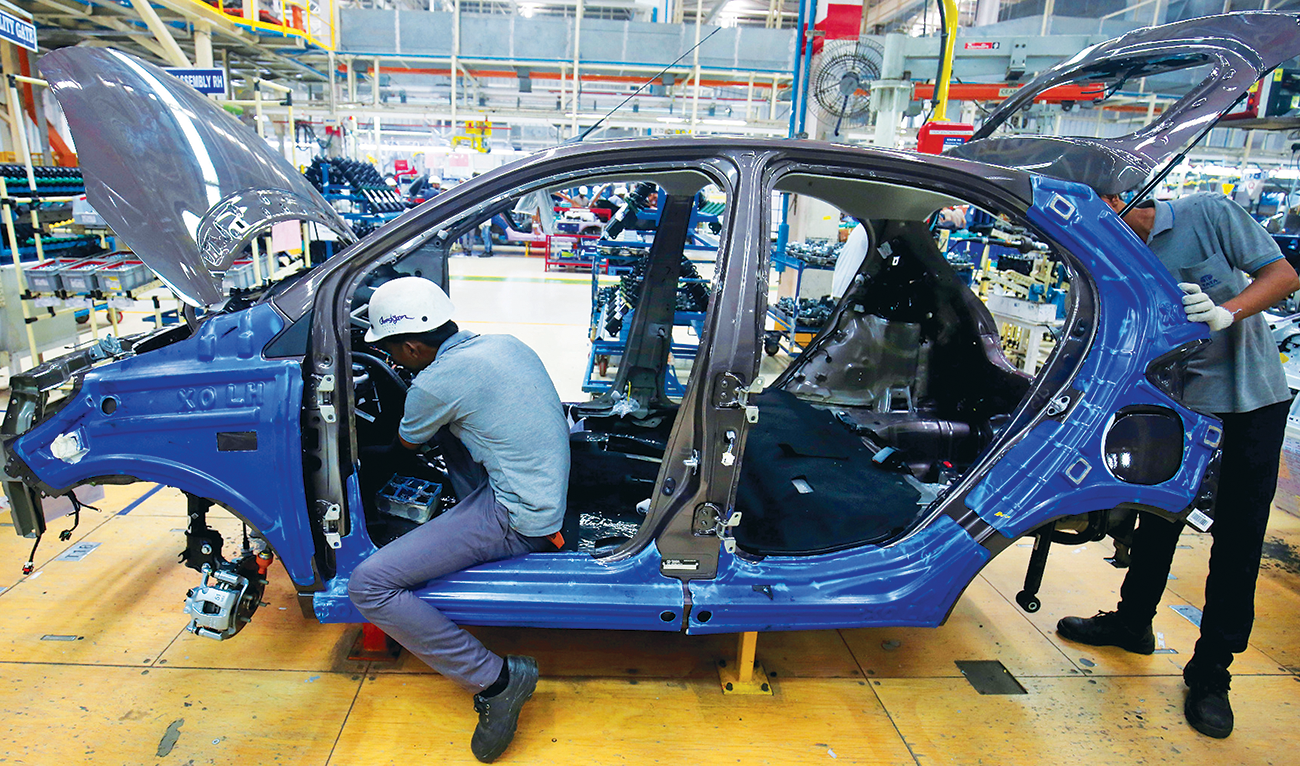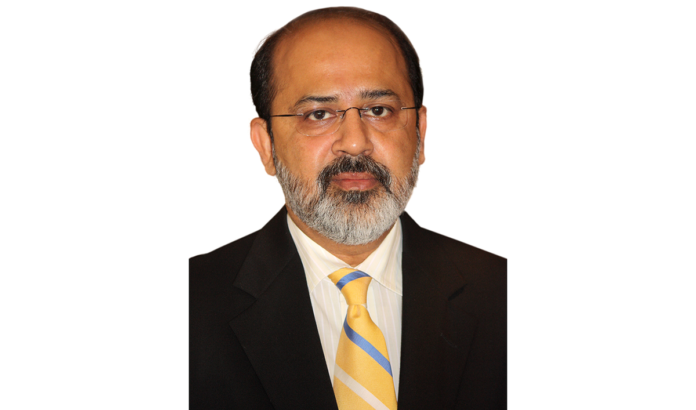RIYADH: Indian multinational conglomerate Tata is looking to expand its operations in Saudi Arabia, starting with a new luxury hotel.
The group’s Taj brand of hotels, which promotes itself as offering “a fusion of warm Indian hospitality and world-class service,” has already become established in the cut-throat Dubai market with two hotels in operation in the UAE city and two more under development.
Sunil Sinha, Tata’s resident director for the Middle East and North Africa (MENA) region, revealed that a fifth hotel was now on the way in Saudi Arabia, with a number of other locations being looked at for future expansion.
“A 340-room luxury development is coming up in Makkah and is slated to open in 2022. With the focus on tourism and development such as the Red Sea (luxury destination project), NEOM, and Qiddiya, there is a lot of opportunity for us to expand our hospitality brand as an operator in this region,” he told Arab News.
Tata has had a MENA presence for more than 50 years, operating through 24 companies in eight sectors which employ in excess of 10,000 workers and have combined revenues of at least $3 billion.
The group’s interests in the region include information technology and telecoms through Tata Consultancy Services and Tata Communications Ltd., respectively, automotive with Tata Motors and Jaguar Land Rover (JLR), infrastructure run by its Voltas enterprise, Tata Consulting Engineers, and Tata Projects, and consumer and retail through Titan watches, and the Tetley and Tata Tea brands.
“We are also pleased to count the Ministry of Education, Ministry of Health, Saudi Aramco, STC, SABIC, SEC, Riyadh Metro, NCB, Al Rajhi, NWC, GE, Ma’aden, Saudia, and Panda among our customers,” said Sinha.

Despite the group’s numerous successes in the region, the ongoing coronavirus disease (COVID-19) pandemic has presented a challenge for Tata employees, customers, and businesses alike.
Sinha pointed out that the impact of the global health crisis was evident in the holding group’s full-year revenues for 2020 which were down by $7 billion on 2019 across its operations in more than 100 countries.
However, he praised the group’s leadership for taking swift and decisive action when the pandemic hit that avoided the need for immediate layoffs.
“We set up daily calls, monitored what was happening in each part of our operations and quickly scrambled all our resources to figure out how we could help our communities as well. People were our highest priority. Employees were given full flexibility to work from home or any other safe environment,” he added.
He noted that Tata also introduced several initiatives to help its more than 750,000 employees around the world.
“Apart from financial aid, supporting our front-line care givers, and sourcing of essential supplies, we also helped build digital and physical infrastructure to support this fight. We were one of the first enterprises to announce a large financial assistance package of $200 million-plus in support of the fight against the virus.
“All employees of the group also contributed a day’s salary, and actual financial help far exceeded our earlier commitment,” he said.
In terms of further expansion into the MENA region, Sinha added that while most of the group’s large businesses were already present in the Middle East, it saw emerging opportunities in many areas, namely technology and telecoms, hospitality, infrastructure, consumer and retail, and aerospace and defense.
“With focus on the Saudi government toward Indian suppliers as a strategic partner, we are keen to service the requirements of the country with our integrated solutions in this space,” he said.
Two areas targeted for particular development were retail and transport. “We already distribute our watches under the Titan brand, beverages under the Tata Tea, Kanan Devan, and Tetley brands, and foods under the Tata Salt and Tata Sampann brands in most GCC countries and will expand part of these businesses in the region,” he added.
Tata Motors Group, which consists of JLR and Tata Motors, is a major player in the Kingdom. Since 2009, JLR has been represented by the importer Mohamed Yousuf Naghi Motors Co. LLC, with showrooms and service centers in Riyadh, Jeddah, and Alkhobar.
“Our two new launches, I-Pace and the Defender, have received a great initial response and we look forward to the success of these launches,” Sinha said.
At the same time, Tata Motors has more than 10,000 vehicles currently on Saudi roads and is a dominant player in the staff and school bus segment, while the company also sees potential development in pickups and heavy trucks, especially as the Kingdom pushes ahead with its massive infrastructure and megaprojects development program.

Tata Motors defends strategy for making $1,500 Nano carTata Motors skids to first quarterly loss in three years

